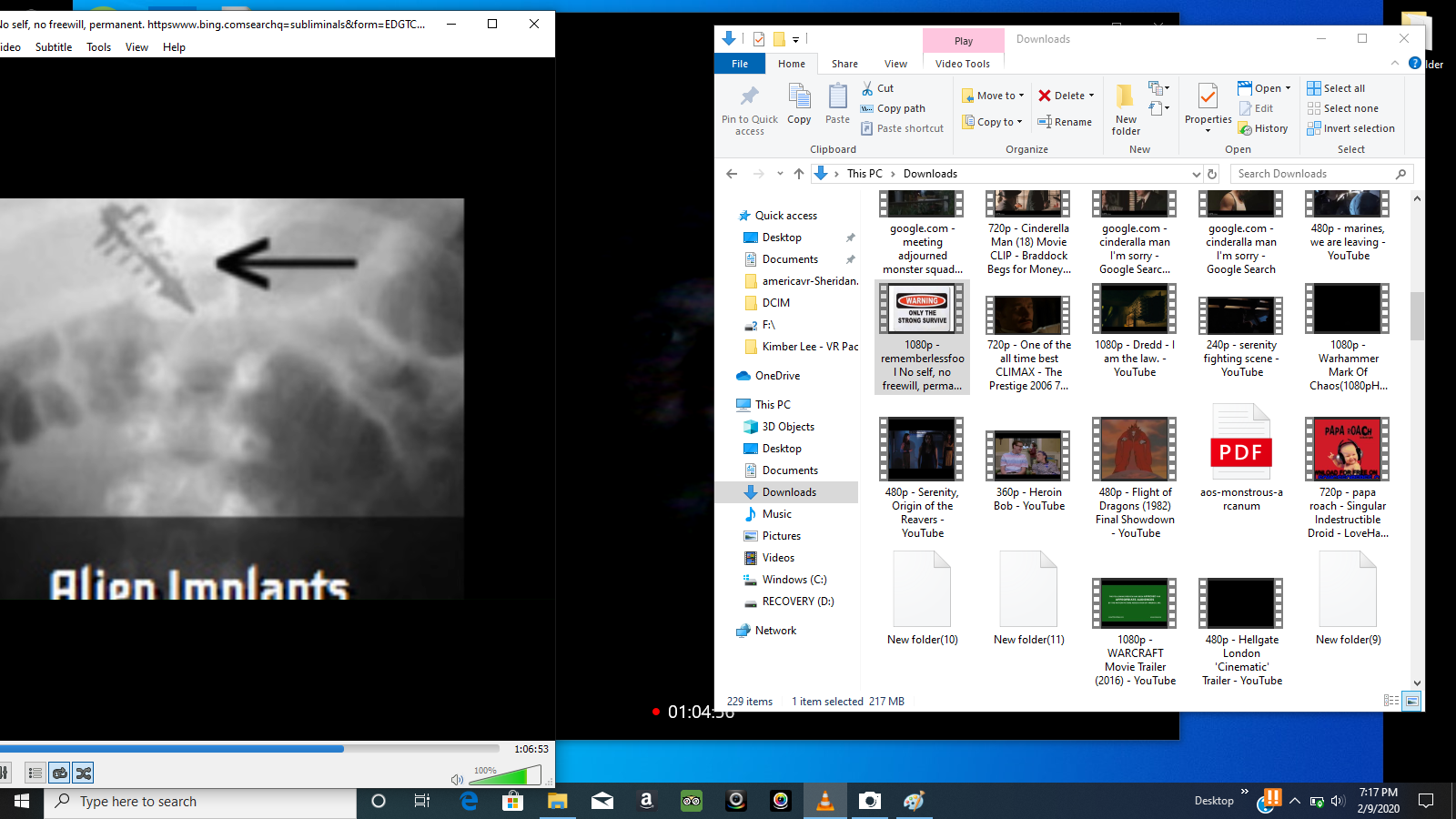

Two middle-aged coloured ladies behind the counter in the shop had the tough task of facing up to two hundred predominantly racist Afrikaner cops. The police convoy pulled in at a Shell garage in the town and the men, now wearing their police rain-jackets over their blue uniforms, formed a line at the local cafe to order coffee and hamburgers. The local old age home suffered the most in this regard.Įven the pride of the Afrikaner, the Great Trek Monument, got washed away, with only 21 houses in the town, surviving the massive surge of water. The flooding saw 104 killed and to this day, another 72 people have never been found. The small town had become famous on 25 January 1981, when a flash-flood saw the waters burst the bank of the local river, rising about ten metres higher than normal. The police convoy of buses and patrol vehicles stopped at the Karoo town of Laingsburg situated about 270 kilometres north of Cape Town. Two hundred heavily armed white men against a few hundred unarmed blacks! With the Western Cape cops, the police had about two hundred men ready for duty. He had pulled enough police shifts in the wet during his time as a cop. Pieter noticed the rain on the bus window but it didn’t matter much to him. This was the typical view of an elderly white Afrikaner who had little understanding of the black man or quite possibly had never been in a township, other than to end a black protest by force. All were run by cruel military dictators and not as democracies. Not one of them had turned out to be a success. He remembered what his father had told him about how the blacks had taken charge of the countries in Africa which had been under colonial rule. He was about to do something that would save white minority rule in South Africa, or so he thought.Īs long as the white army and police were in power, and a white government was calling the shots, the blacks had no chance. This was a sense of motivation to the cop. When Pieter closed his eyes, he could see the frightened face of Nelson Mandela, who was about to have a bullet neatly positioned between his eyes. While most of the policemen were thinking about their strategy to squash the much-expected large black uprising in the Gugulethu Township, the Lieutenant had something completely different on his mind. It felt like the South African Police buses transporting the one hundred men in uniform, were moving at snail’s pace. Just like Lindiwe Buthelezi, Lieutenant Pieter Erasmus was not enjoying the long, boring trip through from Pretoria to Cape Town.


 0 kommentar(er)
0 kommentar(er)
